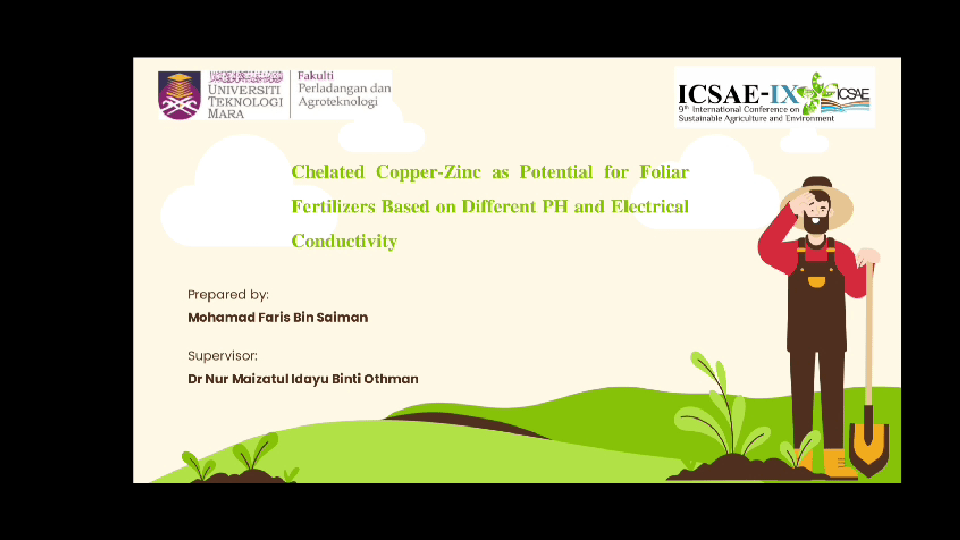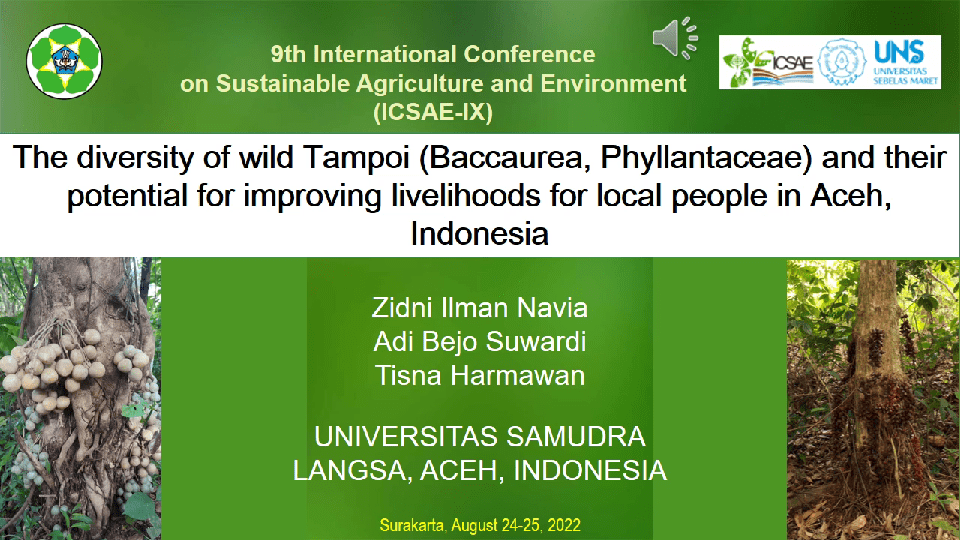Home » Room Video 1 » ID52 Factors Influencing Biological Asset Disclosures in Agricultural
Paper ID: 52
Factors Influencing Biological Asset Disclosures in Agricultural Companies in Indonesia
S R Ika1, R Susetyo1, D Puspitasari1, T Dwiwinarno2, and A K Widagdo3,4
1 Department of Accounting, Janabadra University Yogyakarta, Jl Tentara Rakyat Mataram 55-57 Yogyakarta, 55231, Indonesia
2 Department of Management, Janabadra University, Jl. Jl Tentara Rakyat Mataram 55-57 Yogyakarta, 55231, Indonesia
3 Faculty of Economics and Business, Sebelas Maret University, Jl Ir Sutami 36 A Solo, 57771, Indonesia
4Email: widagdo1998@staff.uns.ac.id
Agricultural companies are those whose activities relate to managing the biological transformation of living plants or animals (biological assets) into a product that ready for consumption or which still require further processing. According to the Indonesian Statement of Financial Accounting Standard 69 (PSAK 69) such companies should report in how they recognize and measure the fair value of their biological assets in the company annual report. This study aims to examine to what extent the biological asset reporting according to the PSAK 69 among agricultural companies listed on Indonesia Stock Exchange (IDX). In addition, this study also examine factors that may influence the level of biological asset disclosures in the company annual report. The examined factors are biological asset intensity, concentrated ownership, audit committee effectiveness, profitability, and company size. The level of biological asset disclosures was measured by a checklist derived from PSAK 69, while biological asset intensity was measured by a ratio of the assets of living plants or animals owned by a company to the company’s total assets. This study uses 56 firm-year observation of agriculture industry listed on IDX during 2017 to 2020. Results of data analysis using multivariate regression suggest that biological asset intensity and firm size positively affect the level of biological asset disclosures, while audit committee effectiveness, concentrated ownership, and profitability do not impact on the biological assets reporting. The results indicate that the higher the living plants or animals owned by a company and the larger the firm, the higher the commitment of a company to disclose its biological assets in the company annual report. The study sheds light on the capital market authority agency’s recent policy aimed at strengthening factors that may impact agricultural companies to disclose their biological assets.


